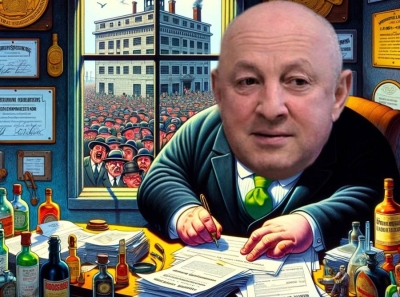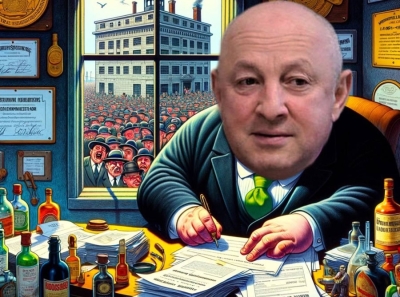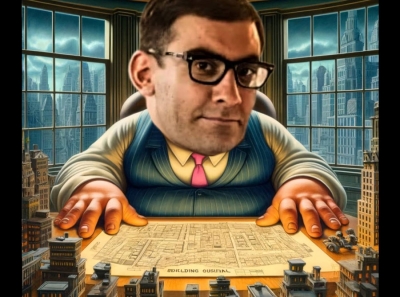How Illegal Land Grabs in Brazil’s Amazon Feed the Global Beef Industry
Land grabs and deforestation have devastated Brazil’s northern Pará state. But slaughterhouses, including some owned by top meat processors JBS and Marfrig, still buy from suppliers who source from ranches on stolen land.
Key Findings - Between 2018 and 2021, more than 90,000 cattle that were raised on illegally grabbed land in Pará state made their way into Brazil’s beef supply chain, a new investigation has found.
- Most were transferred to legal farms that supplied over 100 slaughterhouses around the country, including facilities owned by two of the world’s largest meat companies, JBS and Marfrig.
- A subsidiary of Europe’s biggest meat processor, Danish Crown, also bought beef that appears to have originated on a ranch in protected rainforest.
- Despite attempts to regulate Brazil’s meat industry, experts estimate that 90 percent of deforestation in the Amazon rainforest is driven by cattle ranching.
The vast cattle pastures of the Baixão Verde farm cut like a brown scar through 700 hectares of protected Amazon rainforest in Brazil’s northern Pará state, the most deforested in all of the country.
On paper, the farm should not exist: In 2016, Brazil designated the area, known as Cachoeira Seca do Iriri, as an indigenous reserve. But the move has done little to stop farmers from deforesting vast swathes of its rainforest. In 2020, more land was cleared in Cachoeira Seca than in any other indigenous territory in the Amazon, according to Brazil’s space agency, which monitors deforestation.
Brazil’s Federal Public Ministry, which is similar to a public prosecutor’s office, has warned that the encroachment of land grabbers in Cachoeira Seca threatens the Arara indigenous people who live there. Mobu Odo Arara, a chief of one group, said that at one point tensions became so heated that he needed a police escort to travel the area.
“The farmers and loggers wanted to kill me,” he told Brazilian magazine piauí.
Because Baixão Verde is an illegal farm, cattle raised there should be barred from entering the international supply chain. But in 2018, transport permits show nearly 700 head left the ranch for 10 others, all of them outside the protected reserve. Between 2018 and 2021, eight of those farms sold close to 5,800 cattle to 23 slaughterhouses — including one owned by the second-largest beef processor in the world, Marfrig.
Baixão Verde wasn’t Marfrig’s only illicit source of cattle. Over the same period the facility received more than 12,200 head from suppliers who bought cattle from farms on protected land, transport permits showed. While it’s impossible to trace each animal, the data show how easily they were able to enter Marfrig’s supply chain, which stretches to nearly 100 countries.
This is just one example among many. From 2018 to late 2021, more than 91,200 cattle were moved from over 213,000 hectares of illegally acquired public lands in Pará state, an investigation by OCCRP, piauí, Fiquem Sabendo and the nonprofit Center for Climate Crime Analysis (CCCA) found. The vast majority of this livestock was sent to farms in legal areas and then sold on to 129 abattoirs around Brazil.
For instance, the world’s largest meat company, JBS — which supplies well-known chains like McDonalds and Carrefour — bought more than 21,000 cattle from facilities that sourced from illegal farms. A subsidiary of Europe’s biggest meat processor, Danish Crown, also bought beef that appears to have originated on a ranch in protected Pará rainforest.
Companies that have signed a non-deforestation agreement with Brazilian authorities, such as JBS and Marfrig, can be fined and prosecuted for buying cattle raised on grabbed land. Even a single animal from an illegal farm can “taint” an entire herd. Reporters found that 19 facilities in Pará that had signed the government pledge sourced more than 64,000 cattle from suppliers who bought animals from farms in protected areas between 2018 and 2021.
“When [a legal farm or slaughterhouse buys] livestock of illegal origin, you violate several laws,” said Daniel Azeredo, a prosecutor for the Federal Public Ministry. “You don’t even need to be aware that the product is of illegal origin for you to be committing a crime.”





